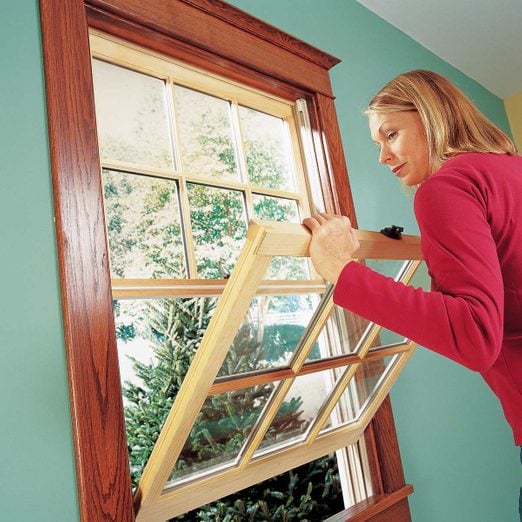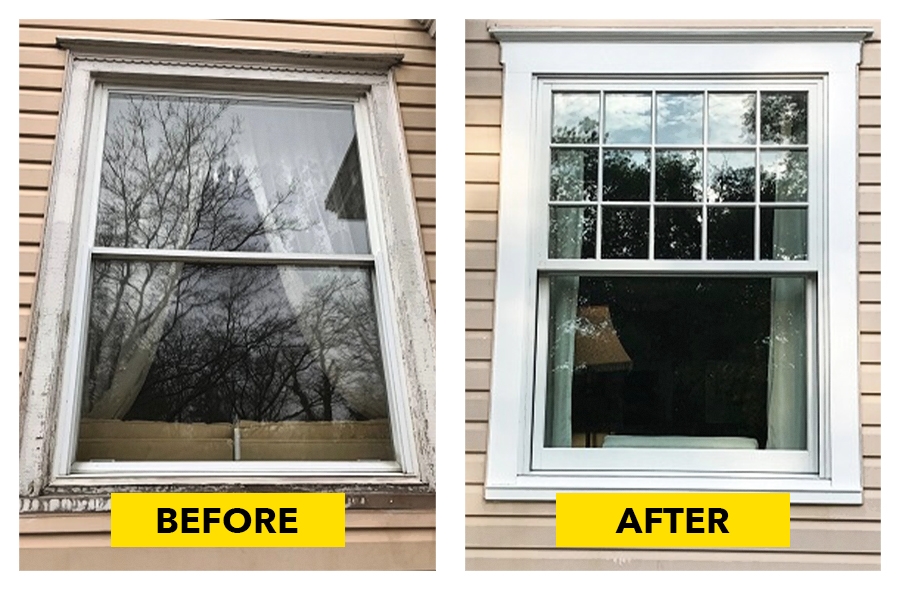Update Your Home with Houston Pella Windows Installation
Update Your Home with Houston Pella Windows Installation
Blog Article
Upgrade Your Home With Energy-Efficient Window Replacements
In the realm of home renovation, the choice to update to energy-efficient window replacements can significantly affect both the capability and looks of a house (Houston Pella windows). As house owners look for ways to enhance the effectiveness and sustainability of their home, the selection of windows plays an essential duty in accomplishing these objectives. Past the surface area level of simple aesthetics, energy-efficient windows supply a wide variety of advantages that exceed mere curb allure. With a careful choice process that thinks about numerous variables, from glass types to installment strategies, getting started on this home upgrade trip can prove to be a transformative endeavor.
Advantages of Energy-Efficient Windows

The installation of energy-efficient windows gives substantial cost savings on energy bills while boosting environmental sustainability. Furthermore, energy-efficient home windows can help control dampness levels within the home, lowering the risk of mold and mold development.
Beyond the monetary benefits, energy-efficient home windows add to environmental sustainability by reducing carbon exhausts connected with energy manufacturing. By lowering energy usage, these home windows aid reduce the ecological influence of illumination, heating, and cooling domestic areas. This decrease in power usage plays an important duty in combating climate adjustment and advertising a greener future for generations ahead. Overall, purchasing energy-efficient windows not only enhances the convenience and effectiveness of a home however likewise straightens with ecologically aware practices.
Kinds of Energy-Efficient Glass
Different advanced sorts of energy-efficient glass offer unique residential or commercial properties that satisfy different demands and preferences in improving the sustainability and effectiveness of buildings. Low-emissivity (Low-E) glass is a preferred choice developed to reduce the quantity of ultraviolet and infrared light that can go through the glass, consequently decreasing heat transfer. This kind of glass assists preserve a consistent interior temperature, lowering the need for heating or cooling down systems, and ultimately decreasing power costs. Another innovative alternative is spectrally selective glass, which permits visible light to travel through while blocking specific kinds of infrared radiation. This aids in preserving a comfortable interior environment while minimizing warmth gain. Triple-pane glass, consisting of 3 layers of glass with protecting gas in between them, supplies enhanced thermal insulation, making it very energy-efficient. Furthermore, self-cleaning glass with an unique finish that breaks down and loosens up dirt when exposed to sunlight can reduce maintenance demands and keep home windows looking tidy. Each sort of energy-efficient glass supplies distinct benefits, allowing house owners to choose the most suitable choice based upon their particular needs and objectives.
Elements to Take Into Consideration When Choosing
When considering energy-efficient window substitutes, it is vital to meticulously analyze specific factors that line up with your sustainability purposes and wanted power savings. One essential factor to think about is the window's energy performance ratings, such as the U-factor and Solar Warmth Gain Coefficient (SHGC) The U-factor measures how well the window insulates, with lower numbers indicating far better insulation, while the SHGC shows the home window's capability to block heat from sunlight. Furthermore, the window structure product plays a significant role in energy efficiency. Materials like fiberglass, vinyl, or timber with thermal breaks are excellent choices for minimizing heat transfer. An additional vital factor to consider is the home window design and alignment concerning sunlight exposure. Selecting the right window design and purposefully putting them can maximize all-natural light while decreasing warm gain or loss. Lastly, installment high quality this post is essential to making sure the windows execute as meant. Proper installment assists avoid air leakage, making certain ideal power performance. By very carefully examining these elements, you can select energy-efficient home windows that improve convenience, minimize energy expenses, and benefit the environment.
Installation and Maintenance Tips

Normal upkeep is crucial to protecting the efficiency of your energy-efficient windows. Examine the home windows periodically for any indicators of wear, sealant, or damages degeneration. Clean the structures, tracks, and glass on a regular basis utilizing moderate soap and water to remove dust and gunk that can affect performance. Inspect the weather-stripping and seals for any gaps or rips and change them if required to preserve the windows' power performance.
Furthermore, oil moving components such as locks and hinges to ensure smooth operation. By adhering to these installment and maintenance suggestions, you can boost the energy effectiveness of your home and prolong the life expectancy of your energy-efficient windows.
Cost-Benefit Analysis of Upgrading

Energy-efficient home windows are made to decrease heat transfer, decreasing the need for browse this site home heating and cooling down systems to work overtime. This can result in significant cost savings on power expenses, especially in regions with extreme temperature levels. In addition, energy-efficient windows can enhance the general value of your home, making it more eye-catching to potential buyers if you determine to offer in the future.
When determining the cost-benefit analysis, aspect in the prospective financial savings on energy bills, any kind of offered motivations or refunds, and the lifespan of the home windows. While the initial price may be greater, the long-lasting savings and advantages of energy-efficient windows make them a clever financial investment for property owners wanting full frame window replacement in brick house to boost their home's energy effectiveness and value.

Final Thought
In conclusion, updating to energy-efficient home window replacements uses various advantages such as reduced energy usage, increased convenience, and price savings. By choosing the ideal type of energy-efficient glass and taking into consideration factors like framework product and installation, house owners can make the most of the performance of their home windows. Routine upkeep and proper setup are essential for lasting efficiency. On the whole, the cost-benefit evaluation of updating to energy-efficient home windows reveals that the initial investment can lead to significant financial savings in the lengthy run.
When contemplating energy-efficient home window substitutes, it is essential to carefully assess specific factors that align with your sustainability objectives and wanted power financial savings. The U-factor actions just how well the home window protects, with lower numbers suggesting far better insulation, while the SHGC suggests the window's ability to obstruct warm from sunlight. By carefully evaluating these factors, you can pick energy-efficient home windows that improve comfort, lower power costs, and profit the atmosphere.
While energy-efficient windows might have a greater upfront cost contrasted to standard windows, the lasting advantages typically exceed the first financial investment.In final thought, updating to energy-efficient window replacements uses various advantages such as lowered energy consumption, boosted comfort, and price savings.
Report this page